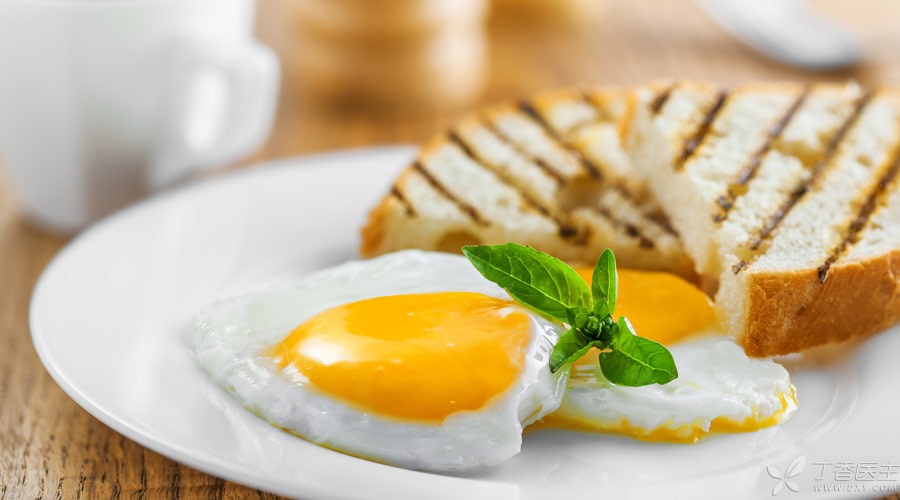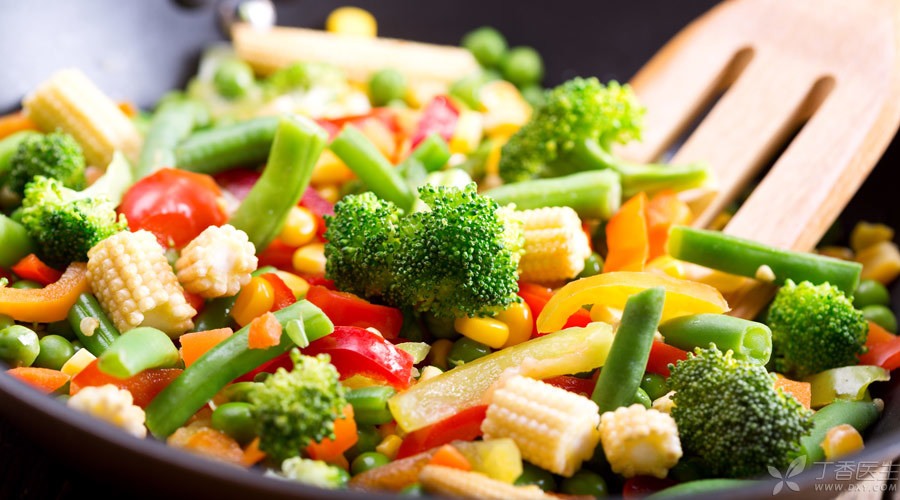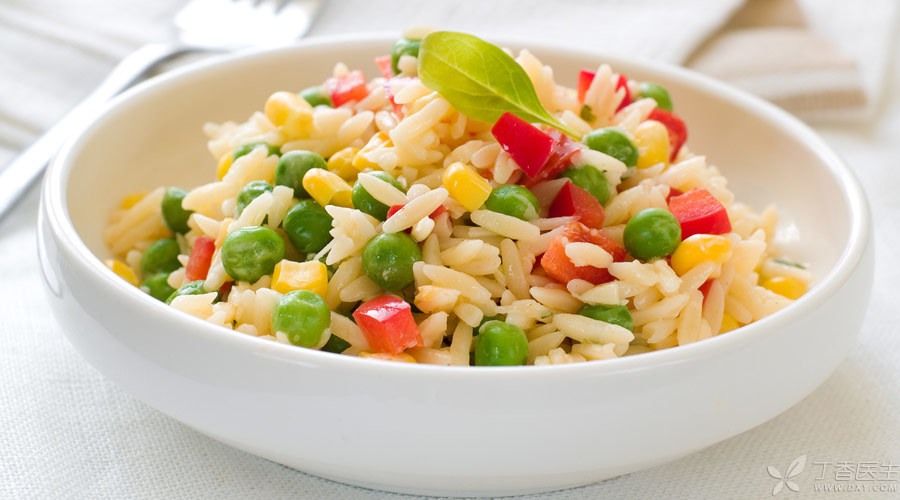
Every year, many people pay close attention to their children’s diet for the college entrance examination. In recent years, the public has gradually realized that reasonable diet is the most nutritious from [delicacies and high nutrition]. This can make children more comfortable and smoothly pass the examination.
Reasonable nutritious meals for examinees are not mysterious. Just consider the importance of the college entrance examination to examinees, from easing the nervousness of examinees (and parents), meeting the needs of energy and various nutrients, stabilizing emotions, ensuring sleep and other aspects of consideration, a little care.
From the beginning of the preparation period before the examination to the end of the two days (or three days) of the examination, you can refer to the two sets of exquisite recipes at the end of the article to adjust and adapt.
Breakfast

1. Staple food
Breakfast must have a staple food rich in carbohydrates, which can provide the necessary energy for the brain and nerves. However, it must not be excessive, which may cause drowsiness and regurgitation of gastric acid.
2. Calcium
Breakfast supplements sufficient calcium from milk and cheese, which is not only conducive to making up for the loss of calcium in the body at night, but also can promote the activity of some enzymes in the body, regulate the activity of enzymes, participate in the physiological activities of nerves and muscles and the release of neurotransmitters, and help candidates maintain agile thinking ability.
Step 3: Vegetables
Breakfast vegetables are very important, Vegetables rich in vitamins and minerals can promote metabolism and energy conversion, maintain the normal osmotic pressure of cells, maintain the flexibility of cardiovascular and cerebrovascular diseases, and help relieve the tense mood of examinees. Vegetables are rich in vitamin C and folic acid, similar to milk, are very helpful for stabilizing emotions and maintaining peace of mind.
4. High quality protein
Eggs: It is not realistic to stir-fry meat and vegetables for breakfast, but one egg is already nutritious.
Beef: You can also prepare a small amount of homemade marinated beef. Eating two or three tablets for breakfast will be very hungry. The rich B vitamins are also helpful for promoting the absorption of other nutrients.
5. A small amount of fruits and nuts
Fruit: Breakfast can add a small amount of fruit according to the situation. The content of various water-soluble vitamins and minerals in fruits is especially high and can be quickly digested and absorbed.
Nuts: Appropriate amount of nuts can supplement rich fat-soluble vitamins and phospholipids, help the body synthesize choline and promote information transmission between neurons.
Lunch

1. No specialization
The most important point is to keep in line with the examinee’s daily eating habits and must not suddenly seek specialization. It is most important to eat comfortably, not to adapt to the reaction, and to ensure hygiene.
2. Eat 70% to 80% full
Lunch is the most important thing for exams. After a hard morning, we still have to face severe challenges in the afternoon, but it is not appropriate to eat and drink at this time. After holding up your stomach and intestines, you will be miserable in the afternoon. Maybe you will have endless naps! Because the body takes digesting food as its main job, the blood circulation in the brain will be weakened relatively, which is not conducive to the calm use of the brain.
Therefore, it is OK to eat 70% to 80% full for lunch. After the exam, you can eat some fruit and drink some yogurt to supplement nutrition.
3. Light and non-greasy
During the examination, it is not recommended to eat too spicy and fatty food, which not only makes the body tired of digestion, but also is not conducive to calm down and calm down for the examination.
Dinner

1. Eat more bean products and less meat
It is not recommended to eat too much meat for dinner. Appropriate amount of meat or replacing meat with bean products is also a good choice, which can make you review at ease and sleep peacefully.
2. Eat more coarse cereals
During the examination, the examinee is easy to worry, and some mild foods are essential. We can use millet, red beans, purple rice, yam, Job’s tears and other coarse cereals rich in B vitamins and more dietary fiber.
3. Ensure fresh fruits and vegetables
Fresh fruits and vegetables rich in vitamins and minerals can also be used to help digestion, supplement antioxidants and protect eyes.
Two-day Exquisite Recipe Demonstration
Here are two sets of excellent recipes. Try them. Some dishes will have different tastes or habits and preferences. You can change and adjust them flexibly according to the actual situation.
Recipe 1
Breakfast 7: 00 ~ 7: 30
- 3 small bean paste bags, 1 boiled egg, 15 grams of cheese (one piece), a bowl of lettuce and pork liver porridge, 15 grams of cashew nuts, 1 kiwi fruit and several small tomatoes
Lunch 12: 00 ~ 12: 30
- One bowl of purple rice and two ounces (100g of raw rice and purple rice in total) curry fish pieces (50g of potatoes, 75g of perch pieces and 20g of fresh mushrooms) dried incense fried covered vegetables (30g of dried incense, 200g of covered vegetables and 30g of carrots) kelp bean sprouts flavored soup (30g of kelp sprouts, 30g of soybean sprouts, 20g of tea tree mushroom, 5g of shrimp skin and 5g of flavored mushrooms) and one mango (or replace other fruits, be careful for allergic patients)
Dinner 17:30 ~ 18:00
- 16 chrysanthemum chrysanthemum fresh meat soup dumplings (chrysanthemum chrysanthemum, pork, a small amount of sea rice as stuffing) mixed with cold melons (150g of balsam pear with thick meat and light taste, and loofah can be exchanged for those who do not like bitter taste) ginger shredded mustard autumn fungus (100g of water black fungus)
Extra meal 20:00
-
Yogurt 200ml

Recipe 2
Breakfast 7: 00 ~ 7: 30
- 2 thick slices of toast (80g) zucchini fried eggs (150g zucchini, one and a half eggs) milk nut wheat germ porridge (240ml milk, 2 walnut kernels, 30g wheat germ) and 1 banana
Lunch 12: 00 ~ 12: 30
- Bowl of red bean rice (100 grams of raw rice and red beans), sea shrimp fried cabbage (3 medium-sized shrimps, 200 grams of Chinese cabbage, 5 grams of coriander and garlic slices), wax gourd and coix seed duck leg soup (wax gourd with skin, coix seed, medlar, duck leg and coriander) and 100 grams of big cherry
Dinner 17:30 ~ 18:00
- Milk nut steamed bread (steamed bread with milk and flour plus minced almonds) sesame paste hand-torn eggplant (sesame paste, steamed eggplant, a little mashed garlic) blanched lettuce (200g lettuce, 20g red persimmon pepper) lily yam millet porridge (lily, yam, millet, medlar)
Extra meal 20:00
-
Nut yogurt (original yogurt + fresh fruits of various colors + a little nut grains)
